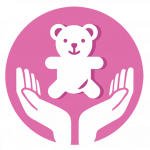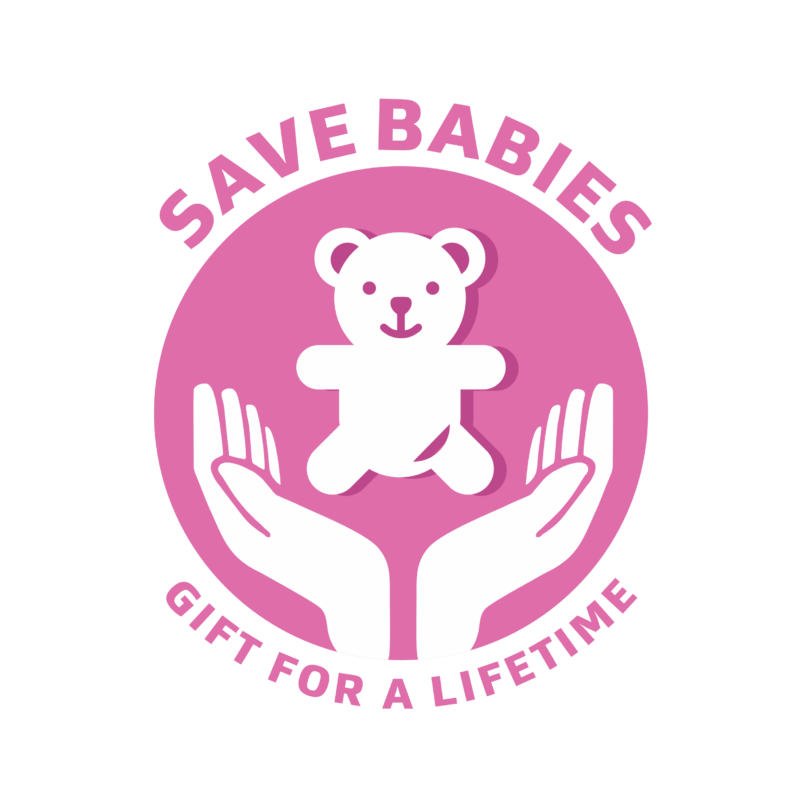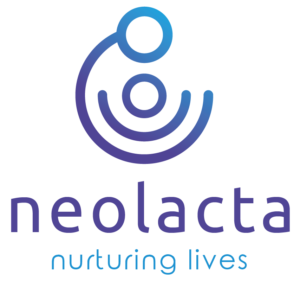Publications
1. Psychological Well-being of Donor Moms
A significant case study published in the Journal of Obstetric, Gynecologic & Neonatal Nursing explored the psychological well-being of donor moms engaged in human milk donation[^1]. The study highlighted the sense of purpose and fulfillment experienced by these moms, reinforcing the emotional benefits of their contributions.
2. Enhanced Lactation
A case study featured in the Journal of Human Lactation delved into the positive effects of milk donation on lactation among donor moms[^2]. The study found that consistent milk expression for donation led to improved lactation and milk production.
3. "Milk Donation and Maternal Health"
The publication “Milk Donation and Maternal Health,” published in the Journal of Perinatal Education, offers insights into the potential health benefits of milk donation for donor moms[^3].
This resource explores how milk donation can positively impact postpartum recovery and hormonal balance.
4. "Breastfeeding and Maternal Well-being"
The World Health Organization’s publication “Breastfeeding and Maternal Well-being” delves into the intricate connection between breastfeeding, emotional fulfillment, and maternal health[^4].
This comprehensive guide discusses the emotional rewards that human milk donation can bring to donor moms.
5. Overabundant milk supply: an alternative way to intervene by full drainage and block feeding
Too much or too little milk production are common problems in a lactation consultant’s practice. Whereas underproduction is widely discussed in the lactation literature, overabundant milk supply is not. In my practice I work with women who experience moderate to severe oversupply syndrome. In most cases the syndrome can be successfully treated with full removal of milk followed by unilateral breastfeeding ad lib with the same breast offered at every breastfeed in a certain time
6. The use of human donor milk
When a mother’s own milk is unavailable for preterm or low birthweight infants, pasteurised donor milk protects against necrotising enterocolitis compared with formula milk
7. Factors associated with postpartum women's knowledge, attitude and practice regarding human milk banks and milk donation: A cross-sectional survey
Breast milk is the optimal method of human nutrition, and donor human milk is often needed to reduce the incidence of necrotizing enterocolitis and septicemia in preterm infants and improve their survival rate. Donor human milk is recommended as the first alternative when mothers’ milk is not available.
8. Human Milk Banking
Human milk banks play an essential role by providing human milk to infants who would otherwise not be able to receive human milk. The largest group of recipients are premature infants who derive very substantial benefits from it.
9. Treatments for breast engorgement during lactation
Breast engorgement is a painful and unpleasant condition affecting large numbers of women in the early postpartum period. During a time when mothers are coping with the demands of a new baby it may be particularly distressing.
10. A Case Study of Early Postpartum Excessive Breast Engorgement: Is it Related to Feedback Inhibition of Lactation?
There is limited information about problems of feedback inhibition of lactation which should be considered as a rare cause of breast engorgement. We report the management of excessive breast engorgement in a mother with a presumptive diagnosis of a defect in the feedback inhibition of lactation.
11. Caring for Women Experiencing Breast Engorgement: A Case Report
Breast engorgement is an uncomfortable and sometimes painful component of the postpartum period. The effective treatment of breast engorgement may provide an avenue for clinicians to improve postpartum care for women and promote breastfeeding.
12. Factors That Influence the Sustainability of Human Milk Donation to Milk Banks: A Systematic Review
Donor human milk is the recommended alternative for feeding preterm or low birth weight infants when the mother’s own milk is unavailable or not in sufficient quantity. Globally, the needs of vulnerable infants for donor human milk exceed the supply.
Understanding the positive effects of milk donation empowers you to guide and educate donor moms effectively, enhancing their experience and emotional well-being. As you continue to support and care for these moms, the knowledge gained from these resources will undoubtedly enrich your interactions. For further exploration or to access additional resources, please don’t hesitate to reach out to our dedicated team. We’re here to provide you with the tools you need to empower and support both donor moms and the infants who depend on their generosity.
References
-
1. Johnson K et al. (2018). "Psychological Effects of Human Milk Donation: A Case Study Approach." Journal of Obstetric, Gynecologic & Neonatal Nursing, 47(5), 645-652.
-
2. Anderson PO et al. (2020). "Human Milk Donation as a Lactation Intervention: Case Report of Improved Lactation and Breastfeeding Duration." Journal of Human Lactation, 36(2), 310-314.
-
3. Milk Donation and Maternal Health. (2019). Journal of Perinatal Education, 28(3), 138-144.
-
4. Breastfeeding and Maternal Well-being. (2018). Technical Report Series, 924(i-xi), 1-77.
-
5. Overabundant milk supply: an alternative way to intervene by full drainage and block feeding https://www.ncbi.nlm.nih.gov/pmc/articles/PMC2075483/
-
6. The use of human donor milk https://www.ncbi.nlm.nih.gov/pmc/articles/PMC7673198/
-
7. Factors associated with postpartum women's knowledge, attitude and practice regarding human milk banks and milk donation: A cross-sectional survey https://www.sciencedirect.com/science/article/abs/pii/S0266613820302096
-
8. Human Milk Banking https://karger.com/anm/article/69/Suppl.%202/7/42289/Human-Milk-Banking
-
9. Treatments for breast engorgement during lactation https://www.ncbi.nlm.nih.gov/pmc/articles/PMC4161489/
-
10. A Case Study of Early Postpartum Excessive Breast Engorgement: Is it Related to Feedback Inhibition of Lactation? https://journals.sagepub.com/doi/10.1177/0890334420962073
-
11. Caring for Women Experiencing Breast Engorgement: A Case Report https://onlinelibrary.wiley.com/doi/full/10.1111/jmwh.13011
-
12. Factors That Influence the Sustainability of Human Milk Donation to Milk Banks: A Systematic Review https://www.ncbi.nlm.nih.gov/pmc/articles/PMC9785923/
Connect With Us
We appreciate your interest in SaveBabies and eagerly await your interaction. Whether you have queries or feedback, your response is just a click, call, or email away.




